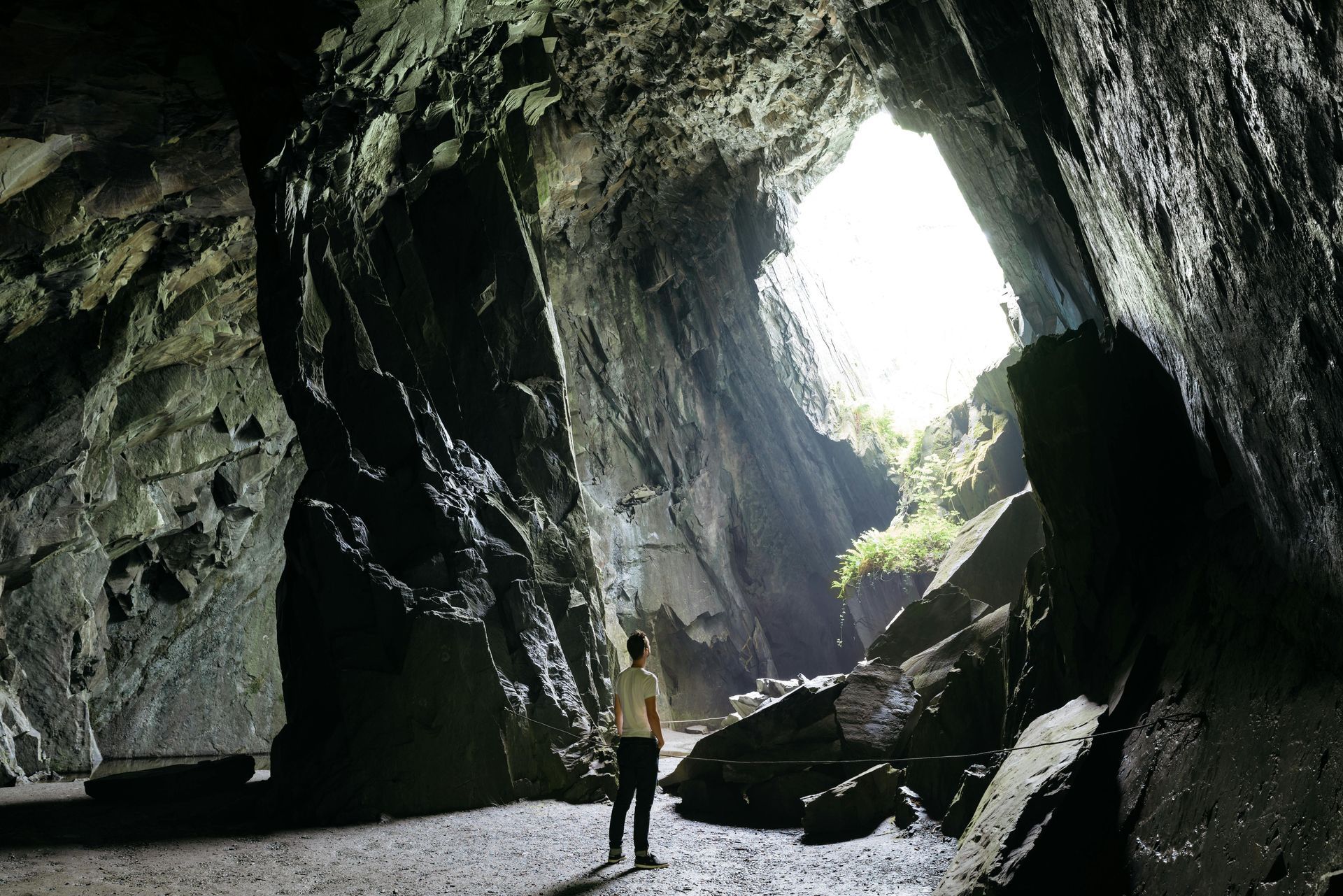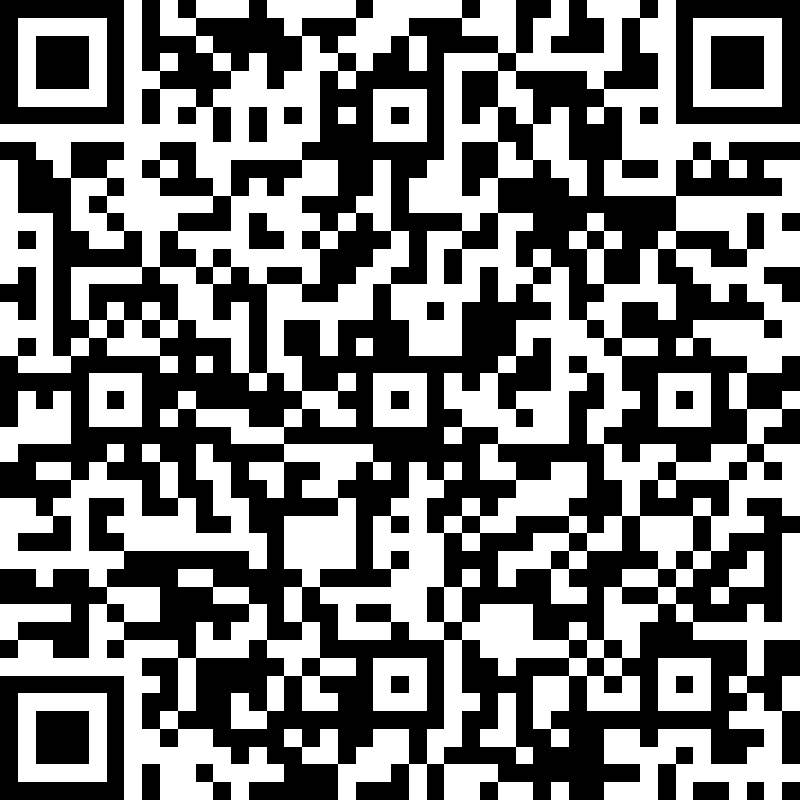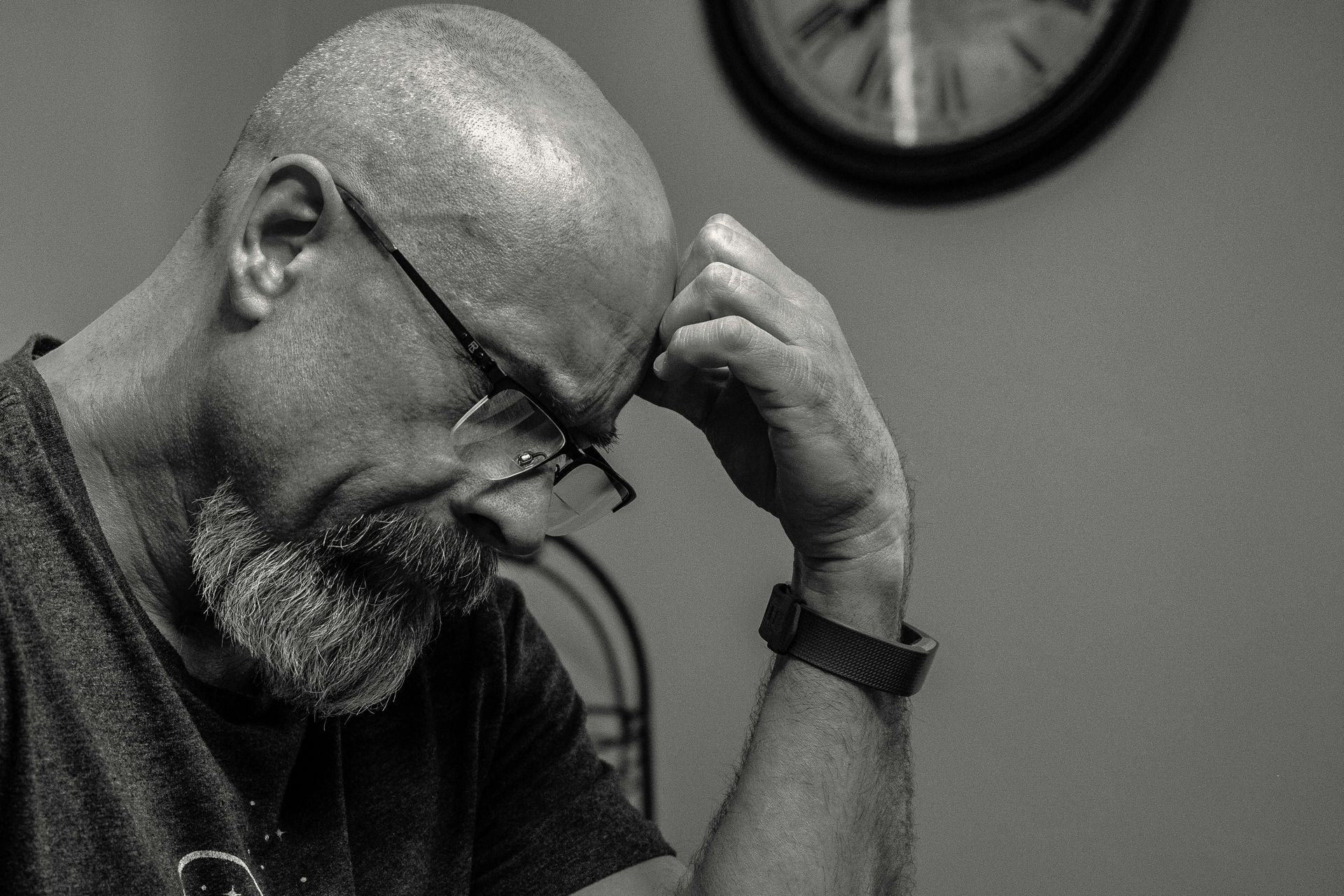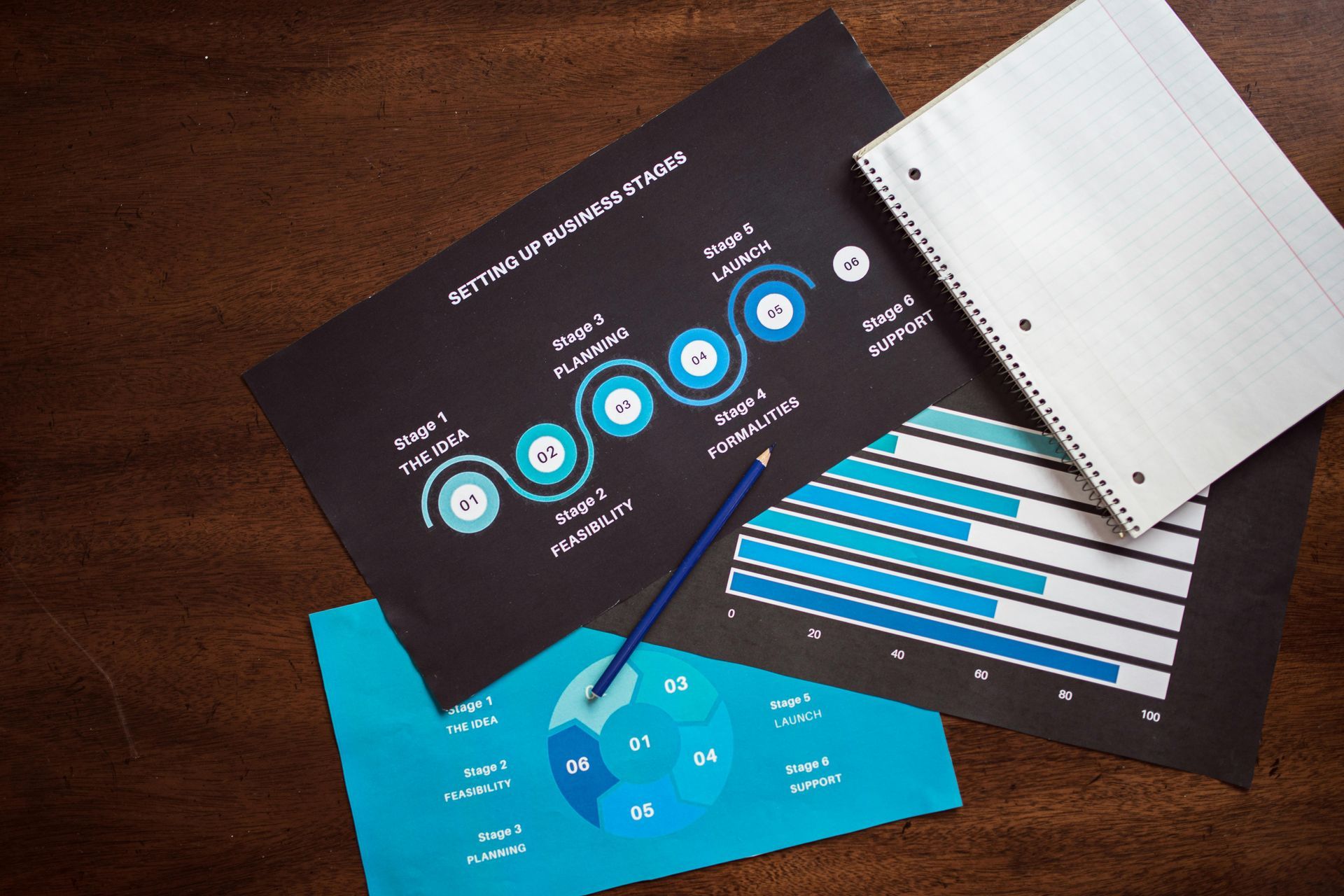Thoughts...💭
Recent articles

We’ve Upgraded Our Tech — But Not Our Bodies We’ve built cities, flown to space, and carry computers in our pockets. But biologically, we’re almost identical to the hunter‑gatherers who roamed Earth 10,000 years ago. That means the way we eat, sleep, move, and connect today is wildly different from what our bodies evolved to handle. Scientists call this an evolutionary mismatch — when our ancient biology meets a modern lifestyle it wasn’t designed for. Back then, we moved all day, ate whole foods, slept in sync with natural light, and relied on strong social bonds to survive. Today, many of us are sedentary, surrounded by processed food, overstimulated by screens, and often isolated. The result? Rising rates of obesity, diabetes, burnout, anxiety, and depression. The good news: we can’t go back in time, but we can bring the best of the past into the present. Timeless Habits Worth Reclaiming 🍠 Eat Real, Seasonal Food Our ancestors’ diets varied by region — from Arctic fish to tropical fruits — but the common thread was fresh, whole, and seasonal foods. They were nutrient‑dense and free from modern additives. Modern payoff: Lower risk of type 2 diabetes, heart disease, and obesity Better gut health thanks to fiber and fermented foods More stable energy and mood Example: The Hadza in Tanzania still eat wild tubers, berries, and game — and have some of the healthiest hearts on Earth. Try: Shop farmers’ markets, eat foods that are “in season” where you live, and aim for ingredients your grandmother would recognize. 🚶♀️ Move Like Your Life Depends On It Hunting, gathering, carrying firewood — movement used to be constant and varied. It built strength, agility, and endurance naturally. Modern payoff: Improved metabolism and bone density Less risk of chronic pain and joint issues More resilience to stress Example: The Tsimane people of Bolivia walk 8–10 miles daily, often into their 70s, with arteries that look decades younger than those in the West. Try: Walk or cycle instead of driving short distances, use stairs, carry your groceries, squat when you can, and mix in climbing, stretching, and lifting. 🌞 Sync With the Sun Our ancestors rose with daylight and wound down at nightfall. Morning sun triggered their internal clocks; darkness signaled rest. Modern payoff: Better sleep quality More stable mood and energy Lower stress hormone levels Try: Get 10–20 minutes of sun within an hour of waking. In the evening, dim the lights, avoid bright screens, and aim for a cooler, darker bedroom. 🤝 Strengthen Your Tribe In small, close‑knit groups, everyone knew their role and worth. Loneliness was rare because survival depended on connection. Modern payoff: Lower rates of depression and anxiety Better immune function and longevity A stronger sense of purpose Example: Okinawan elders belong to “moai” — lifelong social circles that share meals, support, and joy. Try: Host a weekly dinner, join a local club, or volunteer. Connection is medicine. 🌳 Touch the Wild We are hardwired to relax in nature — a concept scientists call biophilia. Our senses evolved outdoors, and natural settings can lower blood pressure, improve immunity, and boost creativity. Example: Japanese “forest bathing” (shinrin‑yoku) has been shown to reduce stress hormones and increase cancer‑fighting immune cells. Try: Spend at least 2 hours a week in green or blue spaces — parks, forests, beaches. Bonus points for going barefoot on grass or sand (“grounding”). Bringing the Past Into Your Present You don’t need to trade your phone for a spear. Start small: Transition your diet: Swap processed foods for local, seasonal, whole foods. Move often and diversely: Walk, play, climb, squat, and exercise outdoors; go barefoot when safe. Prioritize natural rhythms: Get sunlight in the morning, minimize artificial light at night, and keep regular sleep and wake times. Rebuild social ties: Cultivate communal meals, storytelling nights, and regular connection with family and friends. Make time for nature: Spend at least 120 minutes each week in green spaces. Adopt rituals: Mindful moments (tea/coffee, gratitude, prayer, meditation, group celebrations) restore emotional equilibrium. Ground yourself: Walk barefoot, garden, or try safe grounding mats—especially in tense or disconnected moments. Explore traditional herbal remedies: Safely and with professional guidance, reintroduce proven ancestral botanicals to your wellness regimen. Final Thought Our ancestors weren’t perfect — life was shorter and harder in many ways — but their daily rhythms aligned beautifully with our biology. By weaving a few of those habits into modern life, you can feel stronger, calmer, and more connected than ever. You’re not trying to live in the past. You’re helping your body remember where it came from — so it can thrive where you are now.

War and conflict can significantly impact mental health, leading to increased levels of stress and anxiety. Effective management strategies are essential to cope with these challenges and maintain well-being. Strategies for Managing Stress and Anxiety 1.Limit Media Exposure Reducing the amount of time spent consuming news about the conflict can help decrease anxiety levels. Constant exposure to distressing news can exacerbate stress and create a cycle of anxiety. Feasibility : High. Limiting media exposure is a practical step that can be easily implemented by setting specific times for checking news and avoiding it before bedtime. Suitability : Suitable for most individuals, especially those who find themselves overwhelmed by constant updates . 2. Reach Out to Others Connecting with friends, family, or support groups can provide emotional support and reduce feelings of isolation. Sharing experiences and feelings can help alleviate stress. Feasibility : High. Most people have access to some form of communication, whether in person or through digital means. Suitability: Highly suitable, as social support is a well-documented buffer against stress . 3. Maintain a Healthy Routine Keeping a regular schedule for eating, sleeping, and exercising can help maintain a sense of normalcy and control. Physical activity, in particular, is known to reduce stress and improve mood. Feasibility : Moderate to high. While maintaining a routine can be challenging during conflict, even small efforts to stick to regular habits can be beneficial. Suitability: Suitable for most individuals, though those in highly unstable environments may need to adapt their routines . 4. Practice Mindfulness and Relaxation Techniques Techniques such as deep breathing, meditation, and progressive muscle relaxation can help reduce stress and anxiety. These practices promote relaxation and can be done anywhere. Deep Breathing Exercises: it involves taking slow, deep breaths to help calm the nervous system. This can be done anywhere and at any time. Try the 4-7-8 technique: Inhale for 4 seconds, hold the breath for 7 seconds, and exhale slowly for 8 seconds. Progressive Muscle Relaxation (PMR): It involves tensing and then slowly releasing each muscle group in the body. This helps reduce physical tension and promote relaxation. Start with your toes and work your way up to your head, tensing each muscle group for 5-10 seconds before releasing. Mindfulness Meditation: This practice involves focusing on the present moment without judgment. It can help reduce stress and improve emotional regulation. Sit quietly and focus on your breathing, noticing each inhale and exhale. When your mind wanders, gently bring your focus back to your breath. Body Scan Meditation: This technique involves mentally scanning your body from head to toe, paying attention to any sensations of tension or discomfort. Lie down or sit comfortably, close your eyes, and slowly bring your attention to each part of your body, starting from your toes and moving up to your head. Feasibility : High. These techniques require minimal resources and can be practiced in various settings. Suitability: Suitable for most individuals, though it may take some practice to see significant benefits . 5. Seek Professional Help Consulting with mental health professionals, such as psychologists or counselors, can provide tailored strategies and support for managing stress and anxiety. Feasibility : Variable. Access to professional help may be limited in conflict zones, but telehealth services can be an alternative. Suitability: Highly suitable for individuals experiencing severe anxiety or those who have pre-existing mental health conditions . Conclusion Managing stress and anxiety during war involves a combination of limiting media exposure, seeking social support, maintaining a healthy routine, practicing mindfulness, and seeking professional help when necessary. These strategies can help individuals cope with the psychological impact of conflict and maintain their mental health.













